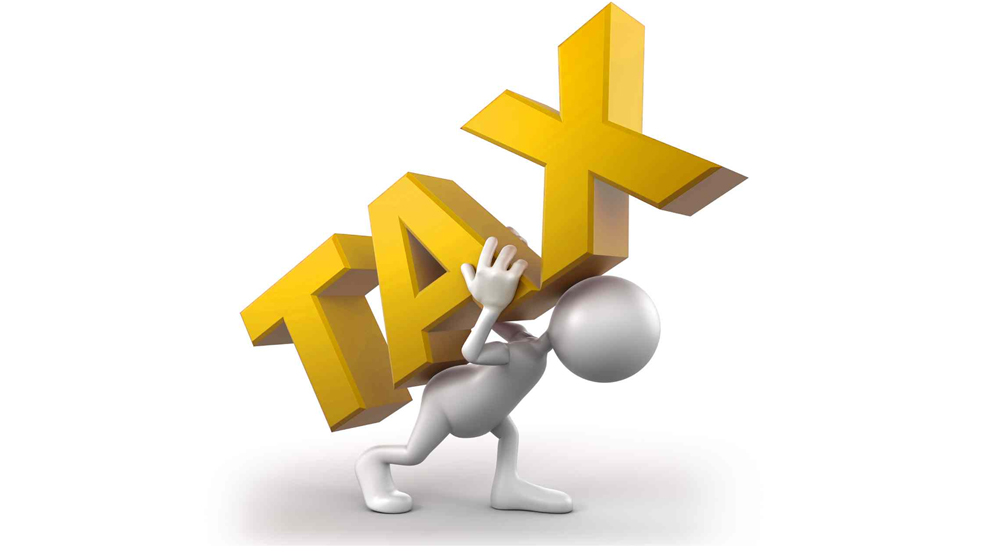Most of the people believe that they will have to pay fewer taxes when they are retired. But in some states the situation gets the other way round. The tax payer has to pay more shares in taxes when he is retired. It depends on the amount of income that a retired person is getting from the Social Security, retirement accounts, or other investments.
Obviously no one will want to give greater share of their income in taxes when they are retired. Here are 3 important retirement tax tips that will help you reduce your tax obligation when retired:
Tip No. 1: Decrease your expenditures
Retirement is the golden age; you should not enter it with burden of owing money to others so pay all your outstanding bills and debts before retirement. Re-evaluate all your monthly expenses; try to minimize the useless expenses. During retirement, you should make an effort to keep your debts low, unless using credit for a major purchase has a certain tax benefit.
Tip No. 2: Understand Your Individual Retirement Account (IRA)
Most of the people make one retirement account during their working life; they plan on using it after retirement. If you want to maximize the benefit from this money you need to know the way this money will be taxed, so that you access the money carefully. It is advised that you diversify your retirement portfolio and limit the amounts you withdraw from different accounts in order to keep your total taxable income lower.
You can consult professionals at Tax Help MD to guide you and tell strategies for keeping your tax liability to minimum.
Tip No. 3: Keep your income sources in consideration
In many cases, a retired person will use an IRA exclusively for their living expenses, costing them thousands in tax dollars, when they have money available in a bank account or other assets. Simply diversifying where and when you pull from different assets can have a large impact on your tax liability.
Call 888-557-4020 or contact us online at https://www.taxhelpmd.com/contact-us/


